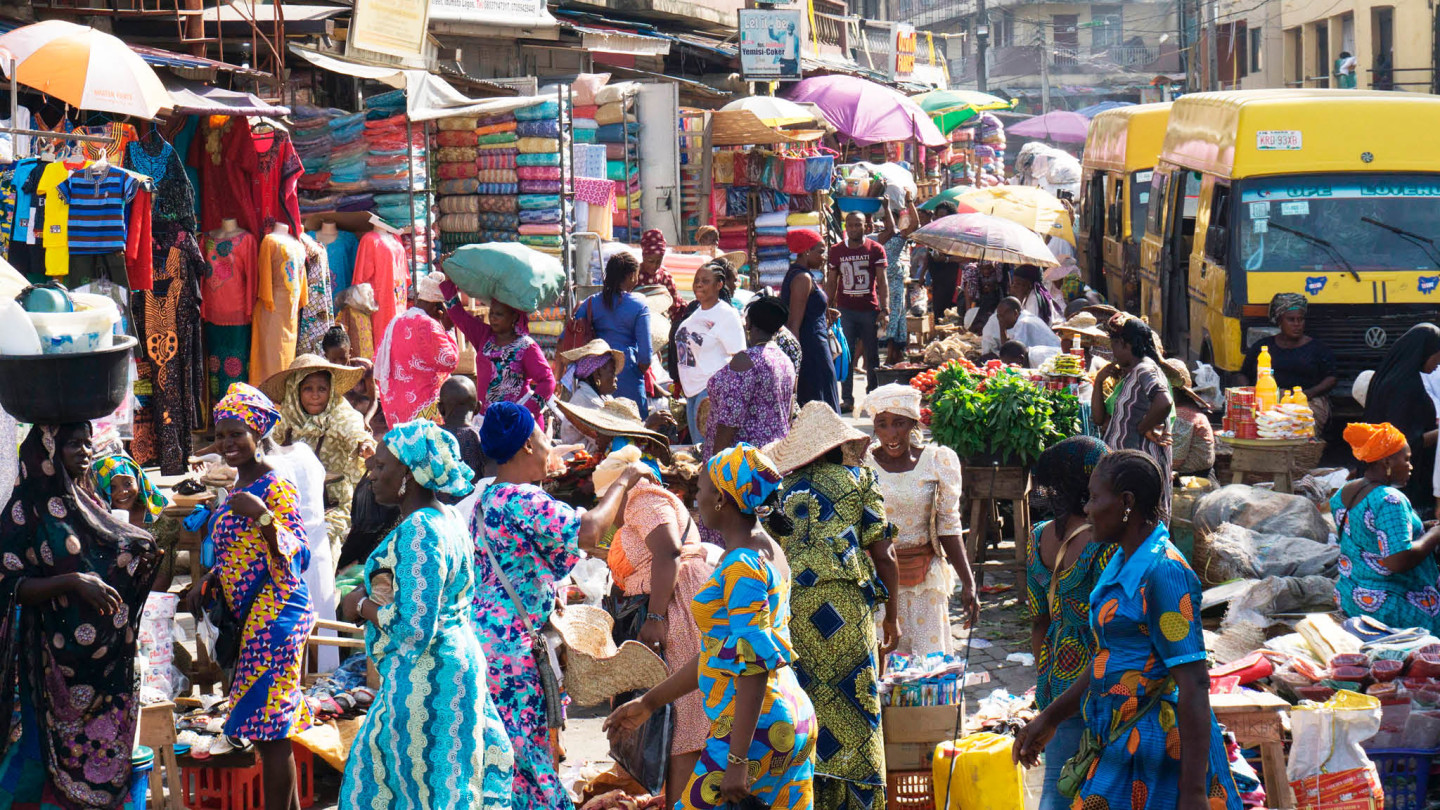
Nigeria, Africa’s most populous country, and the world’s seventh largest oil producer is in the grip of an unprecedented hunger crisis. Nigeria has 36.9m hectares of arable land, with only 6.6m hectares of it permanently under crops. It is a paradox that a country so blessed with this much arable land would find itself in the throes food insufficiency and hunger in the 21st century. But then Nigeria has not stopped serving the world with its diet of paradox even other areas of her nationhood.
According to the World Food Programme (2022), 13 per cent of the population (around 23 million people) experience hunger, with 2 per cent (3.5 million) suffering severe food insecurity. The Global Hunger Index (2022) ranks Nigeria 103rd out of 116 countries in terms of hunger severity.
Today, two years down the line, the situation is even more grim with the energy price having gone up six times and food five times and the exchange rate to the dollar at N1,700. The government in May last year announced the end of its subsidy on fuel and followed it with the floating of the country’s currency, the naira. Their reason was the need to redirect the huge money gulped by the subsidy for the provision of infrastructure and other needs; while the naira was floated to achieve a unified exchange rate. But the general outcome of these policies has increased poverty and social discomfort among the people. About eighty per cent of the population are reportedly finding it hard to have three square meals per day. That’s a dangerous figure for the social and economic health of a country.
Poverty, conflict, climate change, and agricultural challenges combine to exacerbate the food crisis. Insurgency which began over a decade ago in the Northeast, together with banditry in recent years in the Northwest, the herder-farmer clashes and kidnappings elsewhere, have displaced millions, disrupting agricultural production and livelihoods. Climate change affects crop yields, while inadequate agricultural infrastructure and policies hinder food availability and access.
The consequences of hunger in Nigeria are far-reaching and devastating leading to malnutrition, which stunts growth and development in children, weakens the immune systems and carries an attendant increase in the risk of illnesses such as kwashiorkor and marasmus while worsening existing health conditions. Hunger reduces productivity and causes economic losses and decreased GDP. It fuels poverty, migration, and social unrest, straining social cohesion and community stability. Hunger hinders learning, leads to reduced school attendance and decreased educational outcomes.
Where it is severe mortality rates go up, particularly among children, pregnant women and the elderly with the attendant decline in life expectancy.
Over the years Nigeria has thrown in various policies and programmes to combat the scourge of hunger. The National Food Security Plan (2016) was instituted with the aim to achieve food security through sustainable agricultural development. This was followed by the Social Investment Programmes (SIPs), which included initiatives like the National Home-Grown School Feeding Programme and Conditional Cash Transfer. There was also the Agricultural Transformation Agenda (ATA) with a focus on improving agricultural productivity and food availability, as well as the National Emergency Management Agency (NEMA) aimed at providing humanitarian assistance to conflict-affected areas.
On paper, these were laudable initiatives but in the end they proved not far-reaching enough to arrest the situation. Implementation has often been the issue with laudable policies and programmes in the country. Nigeria is not short of brilliant technocrats in her bureaucracy, but somehow, something throws a spanner in the works to defeat the original salutary intention of these programmes. It is generally seen as corruption on the part of those saddled with the responsibility to see the measures produce positive results.
However, even in the midst of prevailing negativity, one must not be deterred from offering some recommendations as a way to address the crisis of hunger in Nigeria. Among many reasons, it should be everyone’s patriotic duty to lend even the smallest of hands to see that the country recovers from this unfortunate situation.
These recommendations are in short, medium and long terms.
Short term (0-2 years):
1. Increase funding for social protection programmes, such as SIPs, to expand coverage and reach the vulnerable population.
2. Enhance emergency food assistance through NEMA and other humanitarian agencies.
3. Implement targeted cash transfers to support conflict-affected and vulnerable households.
Medium-term (2-5 years):
1. Scale up agricultural programs, such as ATA, to improve productivity and food availability.
2. Strengthen agricultural extension services to support smallholder farmers.
3. Develop and implement climate-resilient agricultural practices.
Long-term (5+ years):
1. Develop a comprehensive National Food Security Policy to coordinate efforts and ensure sustainability.
2. Invest in agricultural infrastructure, including storage, transportation, and markets.
3. Promote private sector investment in agriculture and food processing.
International Support:
1. Increase humanitarian assistance and funding for hunger relief efforts.
2. Provide technical assistance and capacity-building support for Nigerian agencies.
3. Encourage international organisations to prioritise hunger reduction in Nigeria.
We urge President Tinubu, Nigerian policy makers, and international partners to prioritise hunger reduction and work together to implement these recommendations.
However, it must be stated that insecurity on its own plays a huge part in the crisis of food production and availability and the hunger in the country. Insecurity is no longer restricted to just one location or region of the country. Government must do all it can to ensure that farmers return to their farms nationwide and that movement of goods and people are no longer at great risk due to the nefarious activities of bandits and kidnappers. Our farms and roads must be completely safe for those who use them. It is first and foremost the primary function of government to protect the lives and property of people within its borders. The days of platitudes over our insecurity should be over. The people have had enough and now want to enjoy the safety of their farms, their villages and the roads. This will inevitably beef up food production and distribution and ease this current hunger scourge, which actually is a shame for a country blessed in all ramifications by nature, geography and climate. The time to act is now.
Obinna, a performing/musical artist, wrote in from Houston, Texas, U.S.A.






